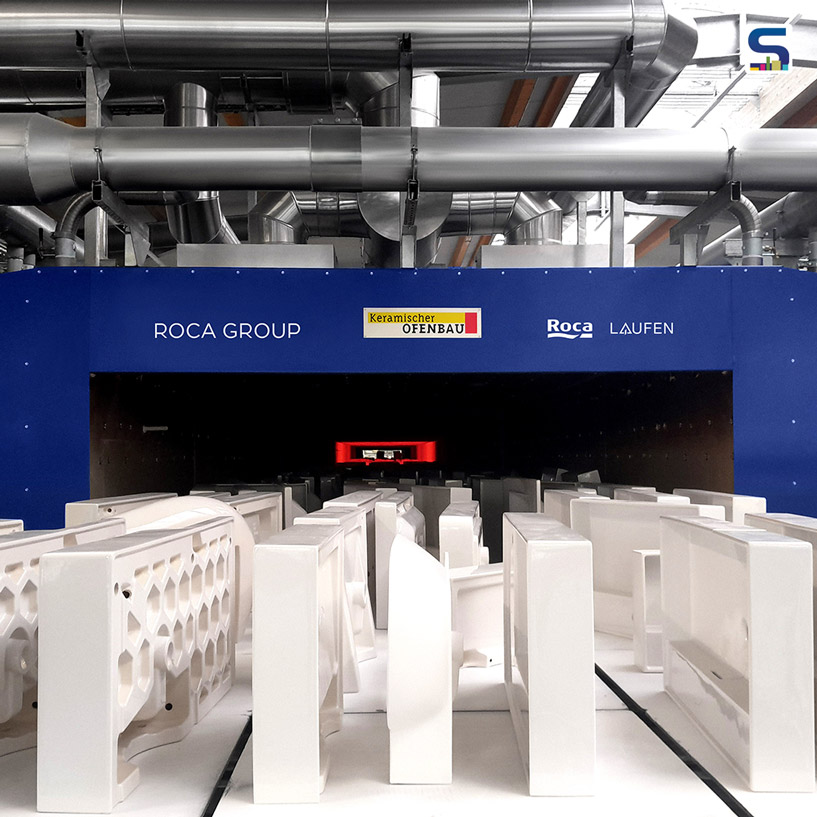
Roca Group recently made a significant investment in advancing sustainability within the ceramic industry as the company pioneered the use of the world's first electric tunnel kiln for sanitaryware at its Laufen plant in Gmunden, Austria. This move aligns with Roca Group’s commitment to decarbonize its ceramic production processes, known for their inherent energy and carbon intensity. Here is a detailed report on SURFACES REPORTER (SR).
Groundbreaking Electric Kiln
Partnering with Keramischer Ofenbau, a leading German kiln manufacturer specializing in sustainable innovations for over 25 years, Roca Group aims to revolutionize ceramic production. The electric tunnel kiln, developed over four years, has commenced production of intricate ceramic pieces in Gmunden. Notably, the Laufen plant, already powered by renewable energy, serves as the inaugural site for this groundbreaking technology due to its conducive environment for high-quality product manufacturing. The innovation of the electric kiln has already been registered by the European Patent Office.
Sustainable Innovation
As a highly efficient, decarbonized and automated solution, this electric kiln offers a compelling alternative to traditional fossil fuel-dependent ceramic production. It plays a pivotal role in Gmunden’s ambition to become the world’s first net-zero sanitaryware production facility by 2024. Roca Group’s strategic investment aligns with its broader decarbonization strategy, evident in the 39 per cent reduction in direct CO2 emissions achieved by the end of 2022 compared to the 2018 baseline. The company is working towards its Science-Based Targets initiative (SBTi) goal of carbon neutrality by 2045.
The success of the new kiln system extends beyond sanitaryware production, presenting potential applications in various ceramic sectors such as structural and technical ceramics or tableware. This achievement demonstrates that complete decarbonization of ceramic production is not only feasible but also economically viable. Gunter Halex, Chairman, Advisory Board, Keramischer Ofenbau, highlighted the advanced technologies’ capability to decarbonize the ceramics industry, underscoring the electric kiln’s positive contribution to sustainability and quality in ceramic products. He noted, “This groundbreaking and innovative project shows that our technology can maintain maximum quality in ceramic products while making a positive contribution to our planet.”